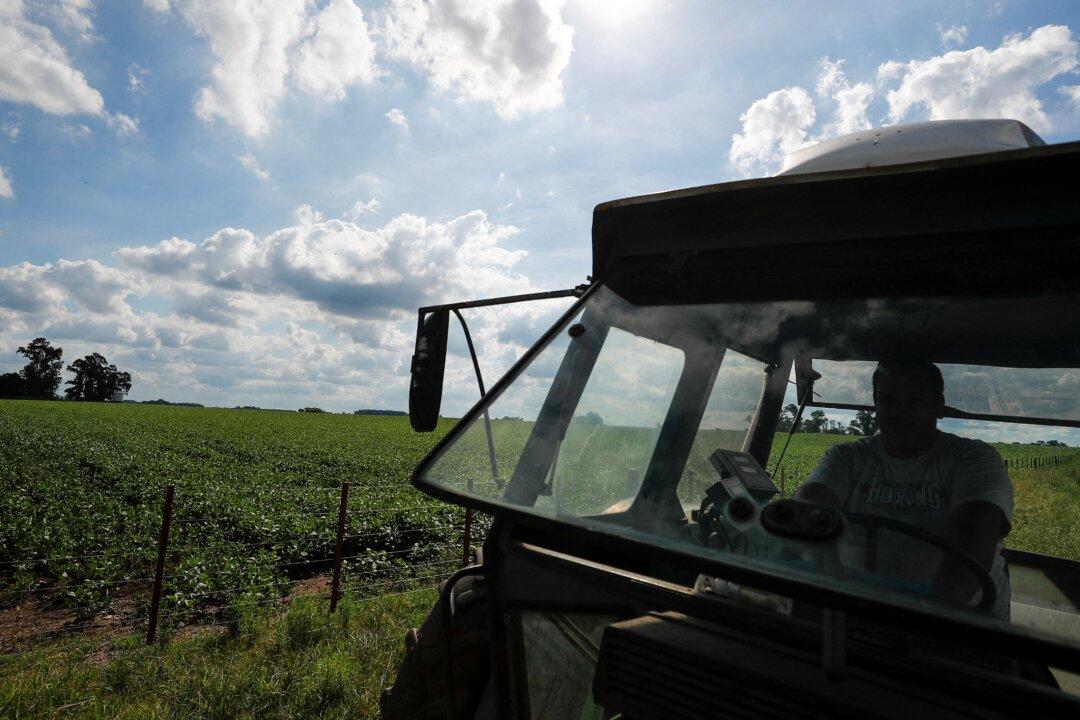BUENOS AIRES—Argentina has halted registration of export sales of soy oil and meal, the South American country’s government said in a statement on Sunday, drawing swift condemnation from the industry in the world’s top exporter of processed soy products.
The move stops sales and exports of the 2021/22 crop, but physical shipments have not started because no harvesting has taken place. The decision by Argentina, the top global exporter of both soybean meal and oil, will likely roil the world soy market, which has seen prices spike on Russia’s invasion of Ukraine.





